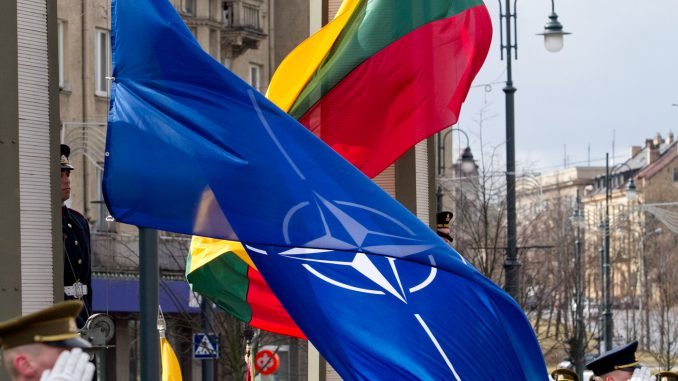
“Up until now, our defence strategy was based on the principle that all NATO forces may be redeployable and capable of fighting in any part of the world. The Russian aggression in Ukraine has made it clear that countries bordering Russia may need forces reflecting local needs,” Urbelis said at the annual NATO Defense Planning Symposium in Germany earlier this week.
In his words, NATO must change its attitude towards redeployable forces and should revise the NATO command structure and reinforce it. The political director emphasized that the NATO command structure should have full mandate to be able to lead a large-scale military operation in case of external aggression against NATO member-states.
NATO’s Defense Planning Symposium is the Alliance’s key defense planning event, which sets guidelines for further operations in the field. This year’s symposium discussed how NATO defense plans should reflect the Russian aggression in Ukraine, the strengthening of Islamic radicalism in the Middle East or the civil conflict in Libya. Participants of the meeting underlined that the concept of hybrid war does not change the requirements for NATO capacities – the Alliance must be able to deter and defend against any form of aggression, the Lithuaniann Ministry of National Defence said in a press release.

Be the first to comment